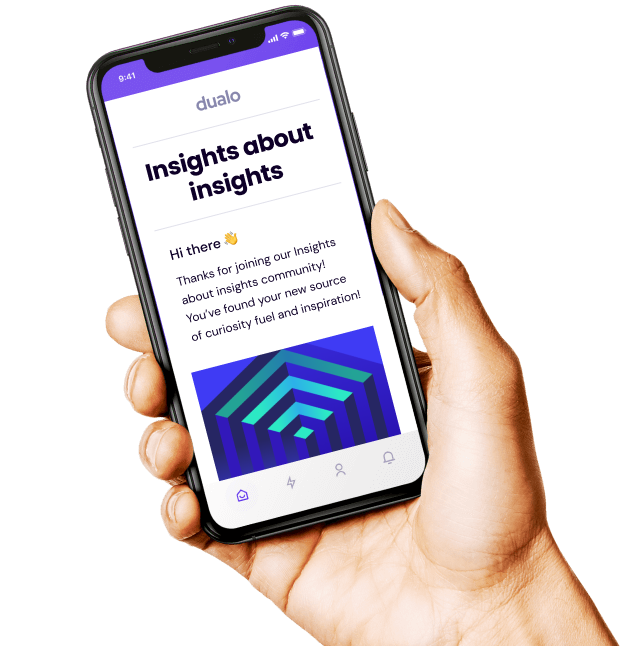Unlocking hidden insights: why research teams must conduct meta-analysis
In the ever-evolving landscape of research and innovation, the ability to see the bigger picture and look beyond insights in isolation, gives researchers the ability to unlock exponential strategic value.





.svg)

.jpeg)

.jpeg)
.jpeg)

